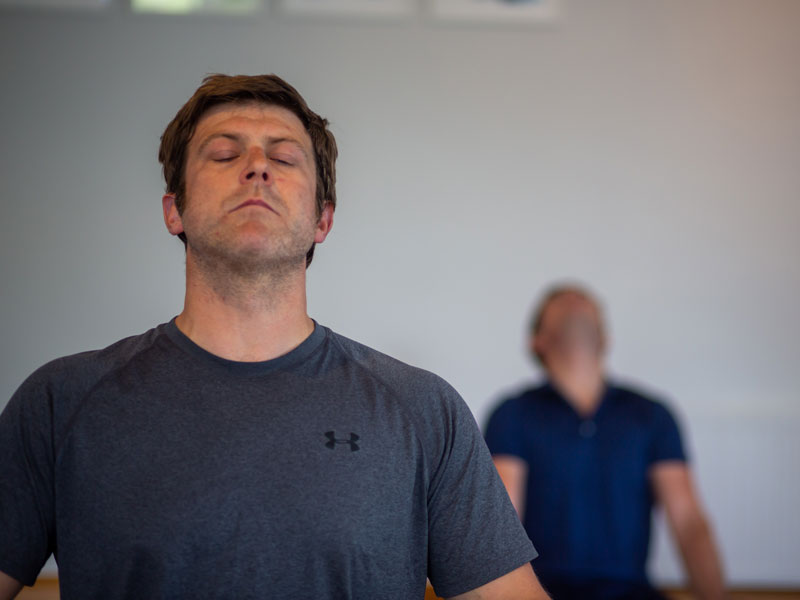
Prostate cancer is the most common cancer in Irish men and the second most common overall, above breast cancer. According to the National Cancer Registry, 3,474 men are diagnosed with prostate cancer each year in the country. This means that 1 in 8 men will be affected by the disease during their lifetime. Positively, prostate cancer has one of the best survival rates of all cancers and with early detection, the right support and rehabilitation; full physical, psychological, social and sexual recovery is possible.
Treatment of prostate cancer will have some side effects depending on the type and size of cancer, treatment choice (surgery, radiotherapy or hormonal treatment) and your general health. After prostate removal surgery the bladder shape changes, the urethra is shorter and muscles are weaker. These can lead to symptoms such as incontinence, frequency, urgency or erectile dysfunction. These urinary and sexual symptoms can be reduced by specialist physiotherapy including bladder training, pelvic floor rehabilitation, individualised advice and support alongside pharmacological and medical intervention.
Research shows that commencing high intensity pelvic floor exercises 5 weeks pre-surgery improves recovery time and outcomes. You should do 10 fast and 10 long pelvic floor muscles contractions 6 times a day in a standing position.
To contract your pelvic floor you should feel something tense inside your pelvis but not your bum, legs or tummy. Make sure you relax fully afterwards and avoid holding your breath.
After surgery once the catheter is removed you can being the pelvic floor exercises again: very gently initially and build up as able. At 6 weeks post-op an assessment with a pelvic health physiotherapist is recommended to make sure you are on track, assist you with progression, answer any questions that you might have and guide you with returning to more energetic exercise.
Tips to aid your recovery
About 6 in 10 cases of prostate cancer are diagnosed after 65. It’s very important to have a screening after 50 even if you are symptom free. And even if you had your surgery years ago but still leak you should contact your local men’s health physiotherapist to see if your symptoms can be improved any further.